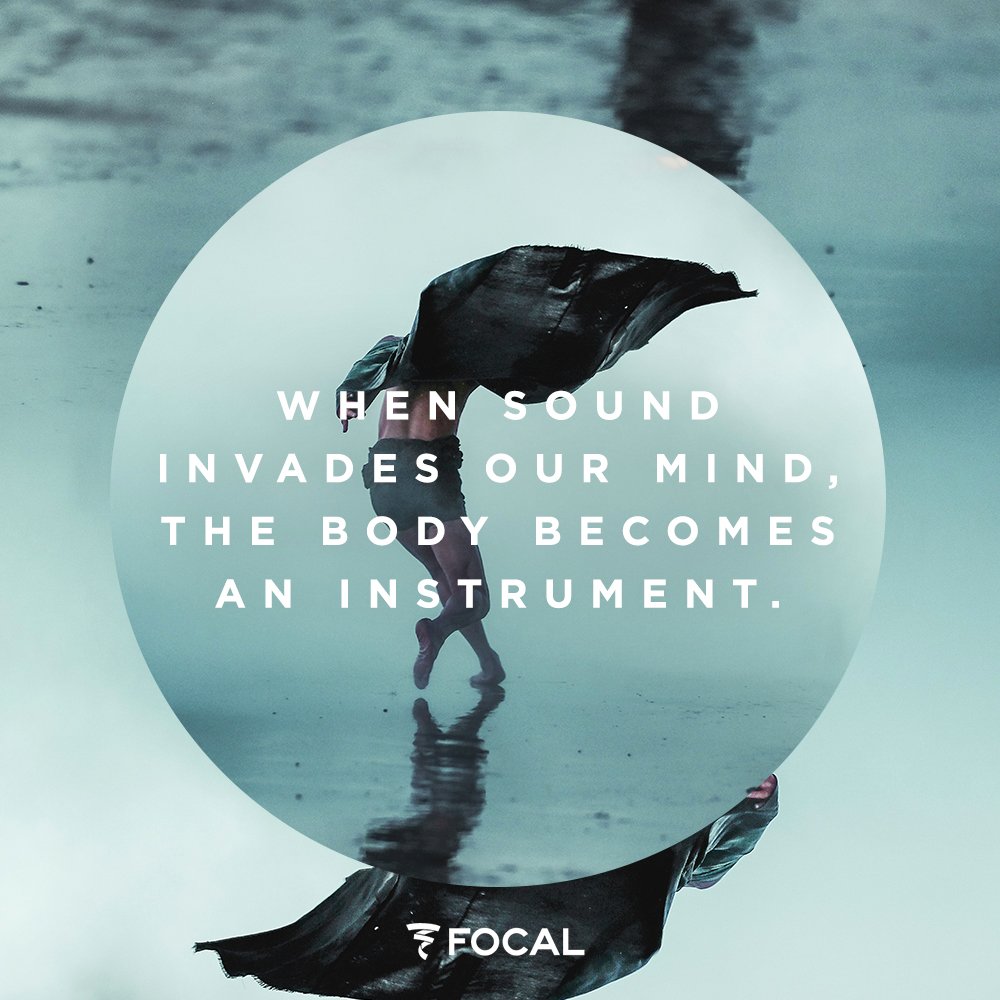Melancholy has little poetry or evocation, it is an empty report, a wish of yesterday that takes us completely away from the present, few states add such immobility, fatigue and psychological exhaustion so characteristic that they form a very specific subtype of depression that, in many cases, can be quite serious.
Victor Hugo said that melancholy is the joy of being sad, and Stendhal also believed that those engaged in writing, painting or poetry were people prone to melancholy; as we can see, this emotional state has always been linked to natural impulse. that connects the human being with creativity, with the most virtuous and profound side of our being that uses sadness for his own benefit.
“Melancholy is a fog full of sadness that covers everything. ” – H. G. Longfellow-
Without melancholy, the ink had disappeared, thought the romantics of that time; However, what our artists of that time have forgotten is that the Greeks coined this term to diagnose what we now call depression, it was Hippocrates who suggested that melancholy was an excess. of black bile, which discouraged, frightened, saddened, etc.
Later Sigmund Freud began to delve into this idea to give it a real clinical basis, melancholy is not only sadness, it is not that catalytic state capable of giving birth to our muses, melancholy is like the cinematic metaphor that Lars Von Trier brought us. his famous film A Planet Called Depression that, from one moment to the next, can collide with us to completely destroy us.
It is likely that we all feel sad at some point, to perceive that void of nostalgia, where memories of yesterday are introduced that make us see the present with a halo of sadness, however, these states are usually punctual and limited in time. , psychologists point out that while sadness often has a halo effect, it often gives way to other ailments, thoughts and motivations.
Now, when melancholy settles into our lives, it leaves no room for anything else, does the person stop feeling pleasure, curiosity, interest?In fact, Silber, Rey, Savard and Post (1980) define the melancholy state as an inaccessibility. “In other words, the person has a clear impossibility of feeling any kind of affection, including sadness. What really exists is a total change in emotionality.
On the other hand, something even less important should be noted: in the new edition of the DSM-V (Diagnostic and Statistical Manual of Mental Disorders) melancholy is described as a subtype of major depression, some people do not agree with this classification. and I prefer to see it as an identifiable and separable emotional disorder. In any case, we must be certain that we are facing a depressive disorder with a series of very clear characteristics, we will see them below.
We reported it a moment ago. The main characteristic of the melancholy person is the inability to feel affection, there is no pleasure, there is no interest, there is no emotion associated with sadness where tears or expression of discomfort can occur, melancholy is stillness, it is the emptiness and a permanent yearning for something that the person cannot define.
Finally, one fact that often differentiates melancholy depression from other depressions is the inability to think, in other depressive disorders the patient experiences a large number of nervous, obsessive and exhausting thoughts, where there is undoubtedly no shortage of suicidal thoughts. it didn’t happen.
In the words of psychologist Giovanni Stanghellini, “if the major depression is a shipwreck with a spectator, melancholy resembles a shipwreck without a spectator. “In other words, while the depressed person often looks for meaning in depression, the melancholy person is confined to himself and sees or feels nothing.
The treatment that the melancholy person will receive will depend mainly on their diagnosis, as we already know there is not a single type of depression, so when melancholy appears as a descriptive category several things can happen, the first is to determine whether we are dealing with a patient suffering from major depression, bipolar melancholy depression, Cotard syndrome or delirant or non-delusional melancholy.
It will definitely depend on the professional assessment and the particular case of this patient, in most cases, and since the root of this clinic is usually biological, people respond very well to pharmacological treatments, so cognitive behavioral therapy seems in turn. be a successful strategy.
Finally, and in the most severe cases, such as deep depression, more psychiatric treatments and closer and more constant follow-up will be needed, in any case we are faced with a psychological state that affects 2% of the population and that generally responds very well to the therapeutic approaches we currently have.

